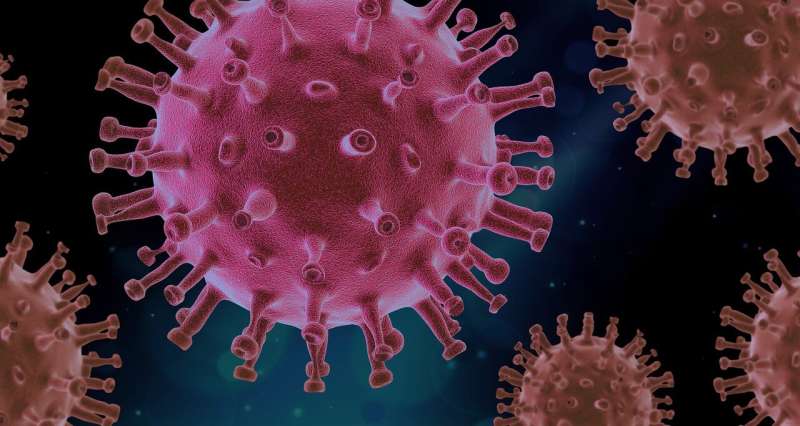
Researchers from 12 Spanish hospitals took part with the aim of uncovering clinical and prognostic characteristics in solid organ recipients with COVID-19. The conclusions underscore the need for strict preventive measures in the initial period after transplantation.
Elisa Cordero, a doctor at the Virgen del Rocío University Hospital, researcher at the Institute of Biomedicine of Seville (IBiS) and professor in the Department of Medicine at the University of Seville, led a study involving researchers from 12 Spanish hospitals to study the clinical characteristics and facilitate the prognosis of solid organ transplant recipients with COVID-19.
The study provides a more precise description of the complications caused by COVID-19 in organ transplant recipients and has provided useful clinical indicators to identify the disease early. This makes it possible to determine therapeutic and care measures based on an individual assessment of each patient. The study highlights the need to take preventive measures with recently transplanted patients to avoid all risk of COVID-19 infection.
“This study found that SARS-CoV-2 infection is more severe in patients who have received a solid organ transplant, especially in the first months after transplantation. It is thus very important to take strict precautionary measures,” stresses Dr. Cordero.
The project received support from the Carlos III Health Institute (ISCIII), Spanish Ministry of Science and Innovation, through the call for Research Projects on SARS-CoV-2 and COVID-19 (COV20/00370) and the Clinical Research Support Platform of the ISCIII.
The study in figures
A total of 210 patients with COVID-19 were analyzed, of whom 140 (70.5%) were male with an average age of 63 years. It found that 90% of the patients suffered pneumonia, with the most frequent symptoms presented being fever, cough, gastrointestinal disorders and dyspnoea.
Source: Read Full Article
